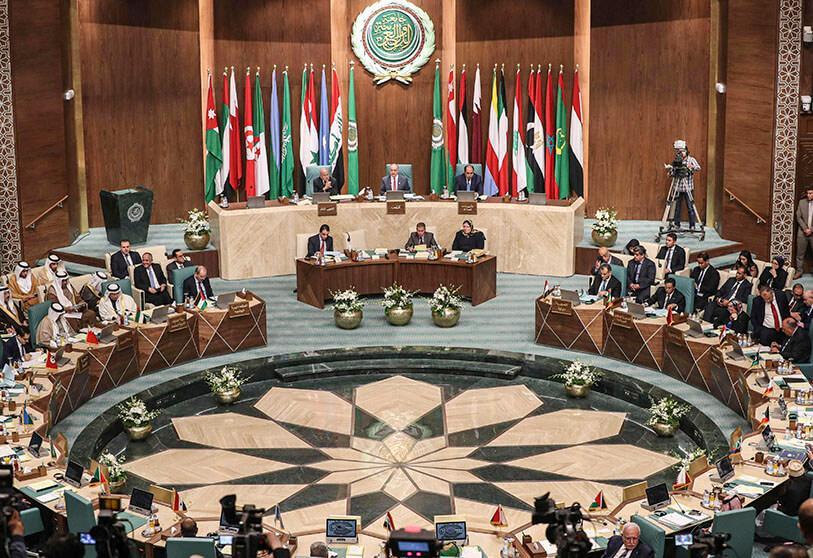
By Margarita Arredondas — atalayar.com — Delegations from 21 Arab countries are already beginning to arrive in Beirut, which is hosting a summit of Arab League Foreign Ministers on Saturday. The meeting will also be attended by the organisation’s secretary general, Ahmed Aboul Gheit of Egypt. Qatar, Kuwait, Jordan, Tunisia, Algeria, Comoros, Sudan, Somalia, Palestine and Yemen will be represented by their respective Foreign Ministers, while the United Arab Emirates, Iraq, Saudi Arabia, Bahrain, Oman, Djibouti, Morocco, Libya and Mauritania will be represented by their permanent delegates to the Arab League, as announced by the Lebanese government. Syria, which was expelled from the pan-Arab organisation in 2011, will not participate in the summit. The first to land in the country of cedars was the head of Qatari diplomacy, Sheikh Mohammed bin Rahman Al Thani, who was received by his Lebanese counterpart, Abdullah Bou Habib.
This meeting will serve to prepare for the Arab summit to be held in Algeria in October. A consultative conference is scheduled for 10 a.m., followed by a joint press conference between Ahmed Aboul Gheit and Abdullah Bou Habib, reports Al-Ain. Lebanese diplomats have relayed to the Arab media that the holding of this meeting generates “positive signals”. The sources also assured that no minutes or final decisions will be issued, as the summit will be based on the interventions of the ministers or representatives. A government official told Reuters that Aboul Gheit will meet with Lebanese President Michel Aoun on Saturday.
Prime Minister-designate Najib Mikati announced during a dinner banquet in honor of the Arab foreign ministers in the Grand Serail, that Lebanon is committed to implementing all resolutions of the Security Council and the League of Arab States, and expressed its commitment to the policy of disassociation from any Arab dispute and its adherence to preventing abuse of Arab countries or threatening their security. He also appealed to the Arab brothers to embrace Lebanon and its people, especially at this delicate stage in its history.
Gulf countries have halted their investments in Lebanon in recent years because of the strong influence of Hezbollah, the Iranian-backed Lebanese Shi’ite organisation. In October last year, Riyadh and Beirut engaged in a diplomatic crisis that ended with the expulsion of the Lebanese ambassador from Saudi Arabia. The Kingdom took this decision after a Lebanese minister criticised the Saudi role in the Yemen war. Last April, Saudi Arabia announced the return of the diplomat “in response to calls from moderate political forces in Lebanon and the government’s commitment to take the necessary steps to cease all political, military and security activities that undermine the Kingdom”, the Saudi SPA news agency reported



